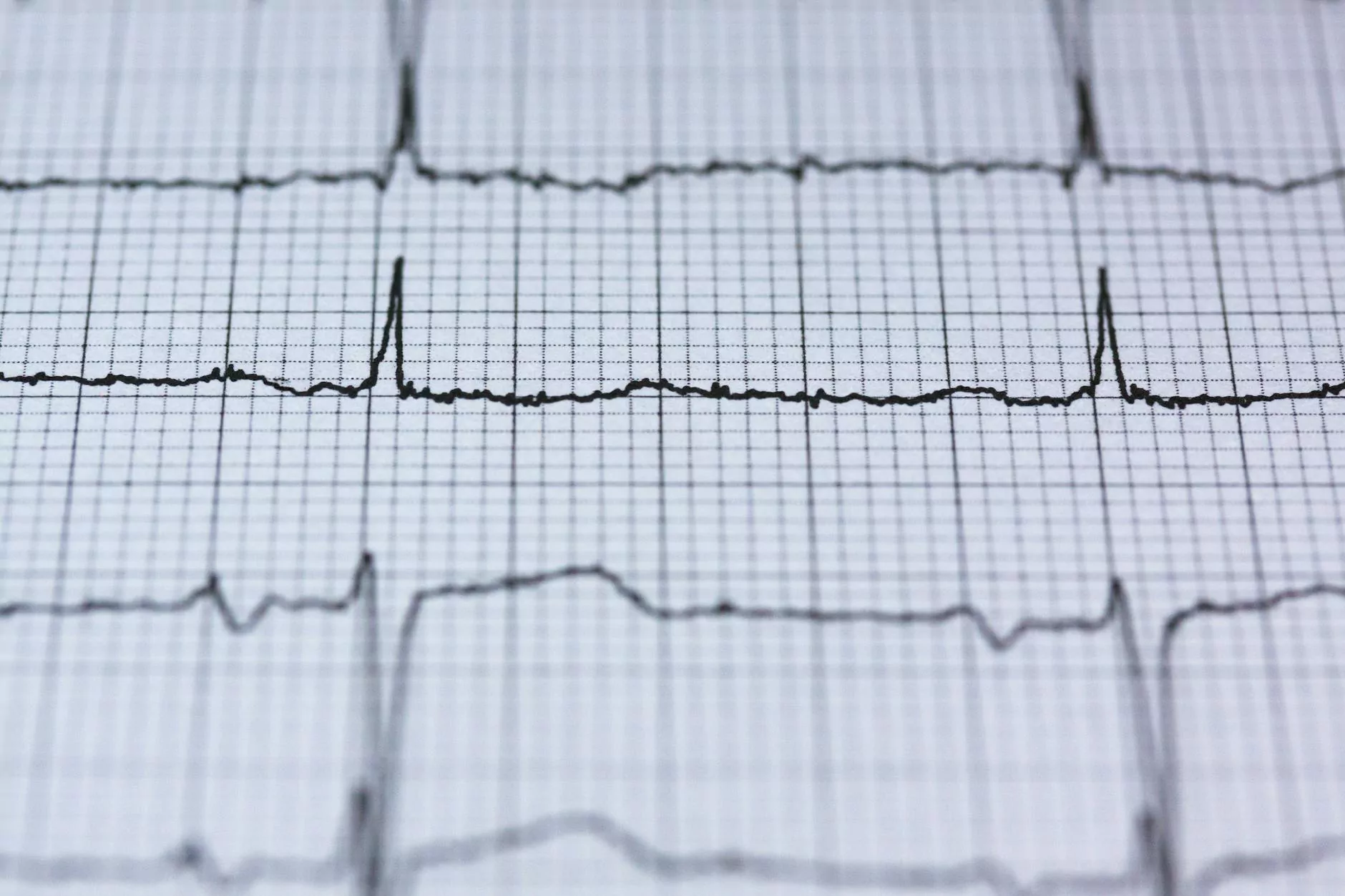The Basics of Atrial Fibrillation
Senior Advocacy
Introduction
Welcome to the educational resource of Devoted Heart Adult Family Home which aims to provide comprehensive information about atrial fibrillation. As a trusted provider of health and geriatric care, we understand the importance of empowering individuals with knowledge about their health conditions.
Understanding Atrial Fibrillation
Atrial fibrillation, commonly referred to as AFib, is a cardiac rhythm disorder characterized by irregular and rapid heartbeats. Unlike a normal heart rhythm, where the heart's upper chambers (atria) contract regularly, AFib causes the atria to quiver or fibrillate, leading to an irregular heartbeat.
Causes and Risk Factors
The causes of atrial fibrillation can vary. Some common contributors include:
- High blood pressure
- Heart diseases or structural abnormalities
- Coronary artery disease
- Valvular heart disease
- Thyroid problems
- Obesity
- Excessive alcohol or stimulant use
- Lung diseases
- Family history of AFib
Symptoms
Atrial fibrillation can exhibit a range of signs and symptoms, which may include:
- Irregular heartbeat
- Heart palpitations
- Shortness of breath
- Weakness and fatigue
- Dizziness or lightheadedness
- Chest pain or discomfort
- Anxiety
- Fainting (syncope)
Diagnosis
Diagnosing atrial fibrillation involves a comprehensive evaluation of medical history, physical examination, and specific tests, which may include:
- Electrocardiogram (ECG/EKG) - measures heart's electrical activity
- Holter monitor - records heart rhythm over a 24 to 48-hour period
- Echocardiogram - uses sound waves to create images of the heart
- Blood tests - checking for underlying causes and contributing factors
Treatment Options
Treatment for atrial fibrillation aims to manage the condition, prevent complications, and improve quality of life. It may involve:
- Medications to control heart rate or rhythm
- Anticoagulant medications to reduce the risk of blood clots
- Cardioversion - restoring normal heart rhythm through electrical shocks or medications
- Catheter ablation - using radiofrequency or freezing techniques to destroy abnormal heart tissue
- Surgical procedures, like maze procedure, to create scar tissue in the heart to redirect electrical signals
- Lifestyle changes - adopting a heart-healthy diet, exercising regularly, and avoiding triggers
Geriatric Care for Atrial Fibrillation
As a leading provider of health and geriatric care, Devoted Heart Adult Family Home specializes in managing atrial fibrillation in older adults. Our dedicated team of healthcare professionals ensures tailored treatments, close monitoring, and personalized care plans to meet individual needs.
Conclusion
In summary, atrial fibrillation is a heart rhythm disorder that requires proper management and care. Understanding its causes, symptoms, diagnosis, and treatment options empowers individuals to make informed decisions about their health. At Devoted Heart Adult Family Home, we prioritize the well-being of our residents by providing comprehensive and expert geriatric and aging care for atrial fibrillation.
For more information or to schedule a consultation, contact Devoted Heart Adult Family Home today.




